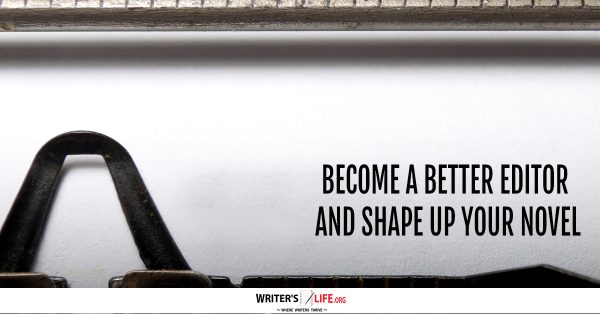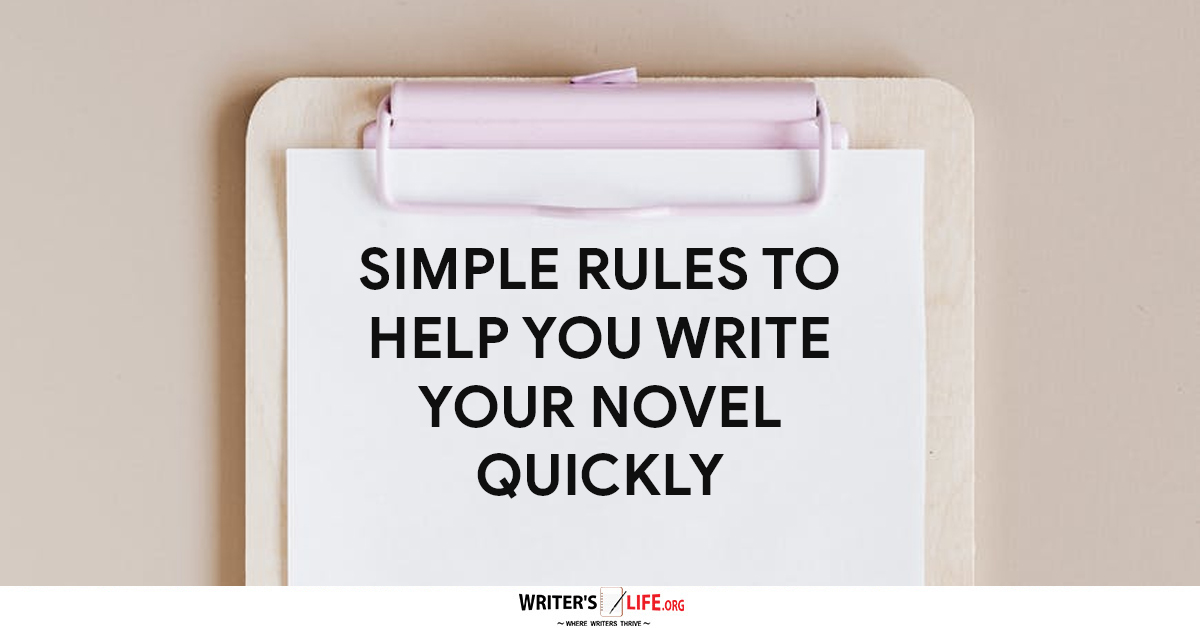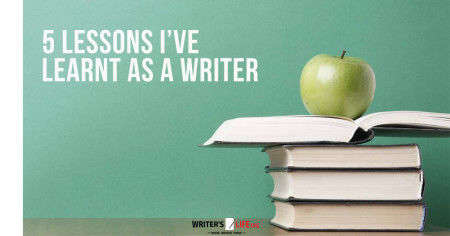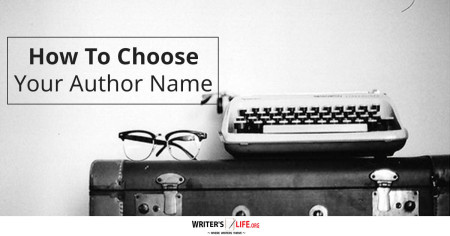- How To Tackle Jealousy In Creative Writing
- Common Submission Mistakes
- How To Stop Your Blog Becoming Boring
- The One Thing Every Successful Writer Has In Common
- How To Make Yourself Aware Of Publishing Scams
- Why Almost ALL Writers Make These Grammar Mistakes At Some Point
- 5 Tips For Authors On How To Deal With Rejection
- Top Mistakes to Avoid When Writing a Novel
- How to Avoid Common New Writer Mistakes
- 10 Mistakes New Fiction Writers Make
Become A Better Editor And Shape Up Your Novel

Editing a novel is almost an important as writing it in the first place. For (if we are being honest with ourselves) we all know that our first drafts aren’t very good. Not that there is anything wrong with that, but if we don’t learn how to edit them, how can we expect to make them any better?
First drafts are likely to be full of spelling and grammatical mistakes, overwritten, underdeveloped, full of unnecessary scenes, have continuity errors, and in general probably make us want to cringe a little bit (or a lot) when we read back over them.
We can all become better editors, and since March is National Editing Month, it's a great time to try and brush up on our editing skills and really make a difference to our work!
Here are some simple but effective editing tips that every writer should keep in mind.
Remain objective
If you are too involved with your work you will find it almost impossible to let go of paragraphs, scenes, even characters that you know, deep down, don’t do anything to further your story. Try to remain as objective as possible and if something doesn’t sit right then take it out, or change it to make it better.
Know your weaknesses
Do you know you aren’t the best speller in the world? Do you tend to be overly descriptive? Do you rush through dialogue? Whatever your writing weaknesses are, make sure you identify them and when you begin to edit you can keep a particular lookout for where you might have fallen into these bad habits. I, for example, use the word ‘seemed’ far too much in my first drafts, so every time I come to edit I do a search for ‘seemed’ and find a different way of getting my characters thoughts and feelings across.
If you’re bored, they’ll be bored
If you find your eyes glazing when you reach certain chapters or you are skim-reading your own work its a good idea to pay attention! If you are a little bored it can be easy to jump to the next exciting bit of your book - you know it’s about to get real interesting after all. Your readers, however, don’t. They will, therefore, be far less forgiving if a chapter sticks out as a little dull. Don’t run the risk of losing your reader's interest - make every chapter count.
Keep the reader in mind
Ultimately, if you want your book to be a success you need to sell it. So when you edit, try to put yourself in the reader's shoes. What expectations do they have? What will surprise them? Excite them? Have them desperate to find out what happens next? You want your book to be one where your readers can’t help but squeeze in ‘just one more chapter’ even though it’s wayyyyy past their bedtime. If it’s not doing that think about what you can do to make it so.
Know when enough is enough
It’s so tempting to remain in the editing stage and never leave. The problem with this is not only that you end up never moving forward with your work, you run the risk of actually doing more harm than good. If you over edit you could end up changing your story so much that you almost end up re-writing the whole thing, without actually making it better. Know when you’ve done your best and then stop, and just let it go.
Get additional help
Read books or take a class about how to edit your book. Go on a spelling and grammar course. Ask friends and relatives to read your book to help spot mistakes and, if you can, get a professional editor to take a look at the final draft. Don't feel as though you have to do it all yourself - there are plenty of people who can help you make your book the best it can be.
For many writers, editing can feel like a difficult and stressful process. However, if you remain focused, and follow these simple tips it may well become easier than you think!

Bethany Cadman -author of 'Doctor Vanilla's Sunflowers'





















One Comment